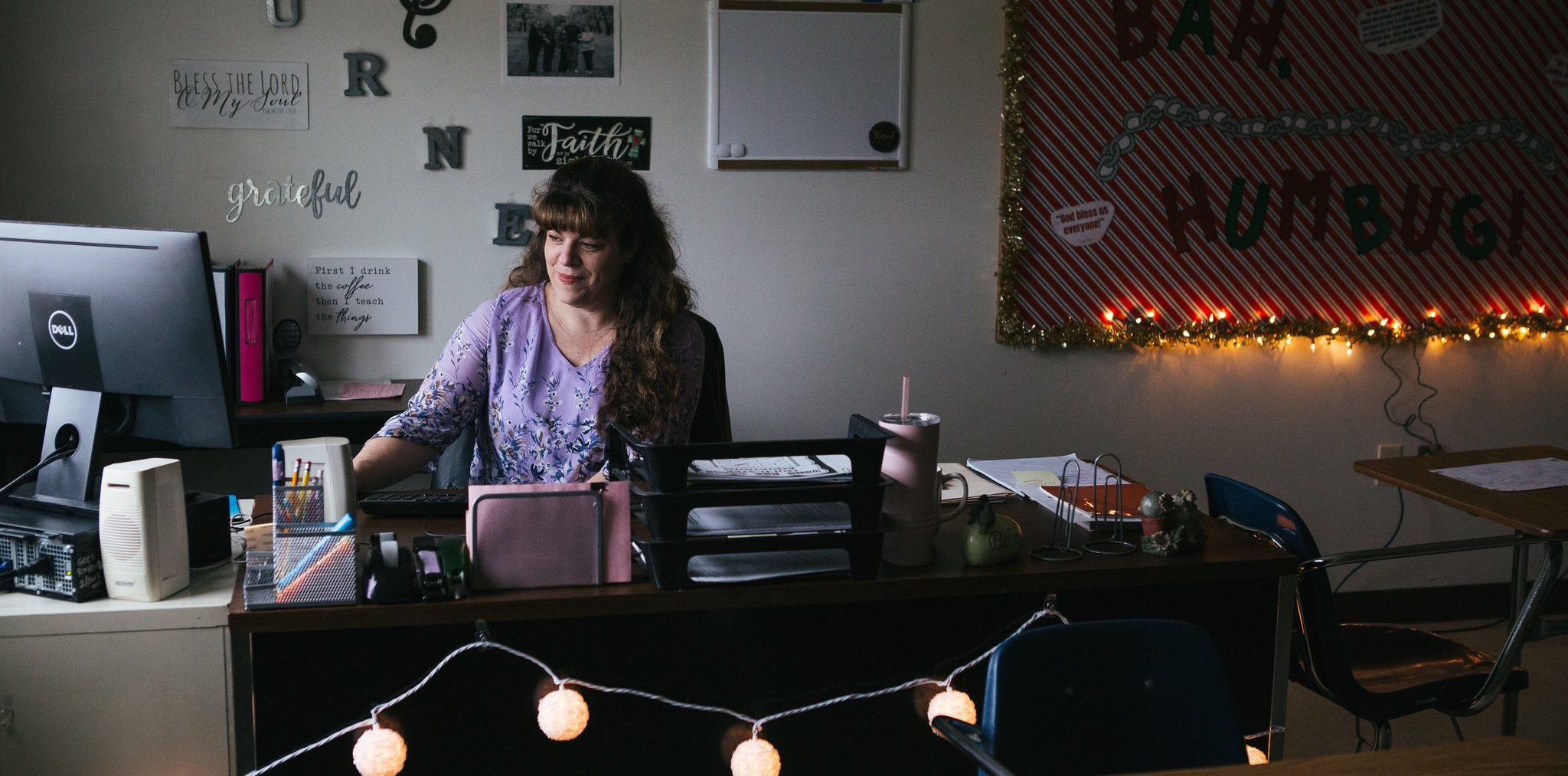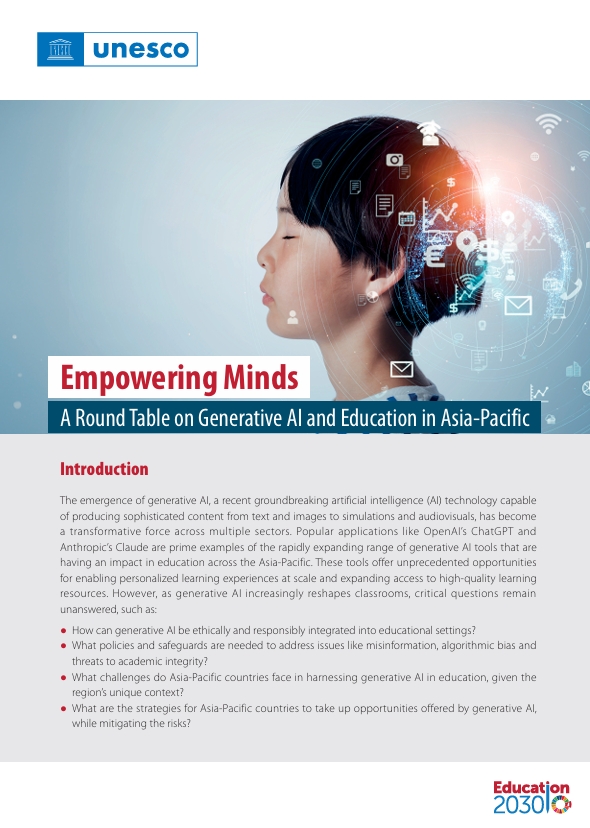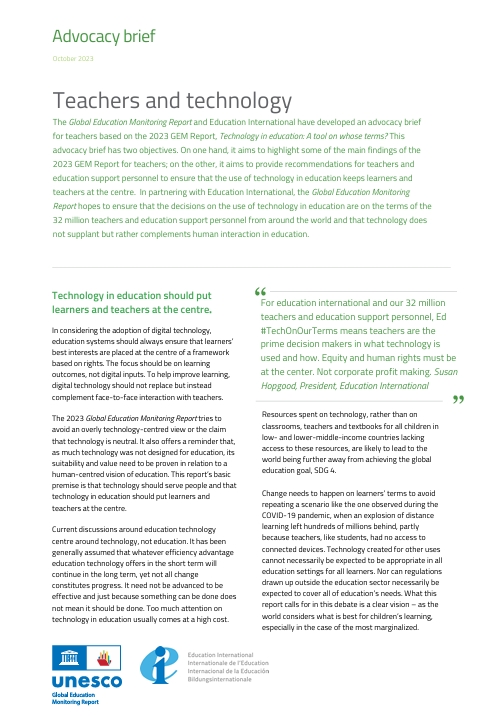Story Source: The New York Times ~ Go to Original Article
Jennifer Turner’s algebra classes were once sleepy affairs and a lot of her students struggled to stay awake. Today, they are active and engaged, thanks to new technologies, including an artificial intelligence-powered program that is helping her teach.
She uses the platform Bakpax that can read students’ handwriting and auto-grade schoolwork, and she assigns lectures for students to watch online while they are at home. Using the platform has provided Mrs. Turner, 41, who teaches at the Gloucester County Christian School in Sewell, N.J., more flexibility in how she teaches, reserving class time for interactive exercises………………….






